2023 #StOpE Barometer : Everyday Sexism In The Workplace Remains a Reality For 8 out of 10 Women
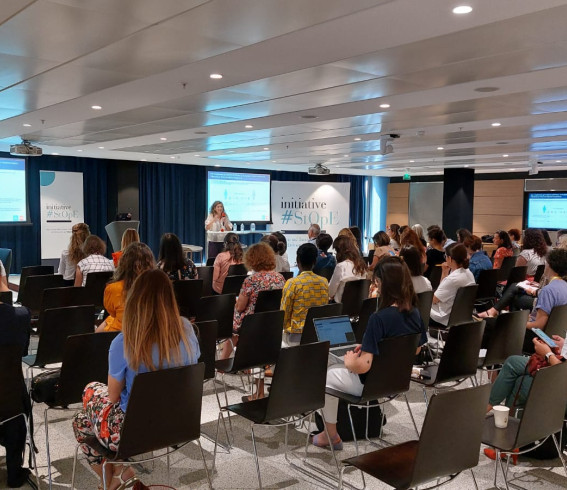
On Thursday, June 15, 2023, the signatory organisations of the #StOpE initiative met remotely and at the premises of L'Oréal France, for the restitution of the #StOpE 2023 barometer results.
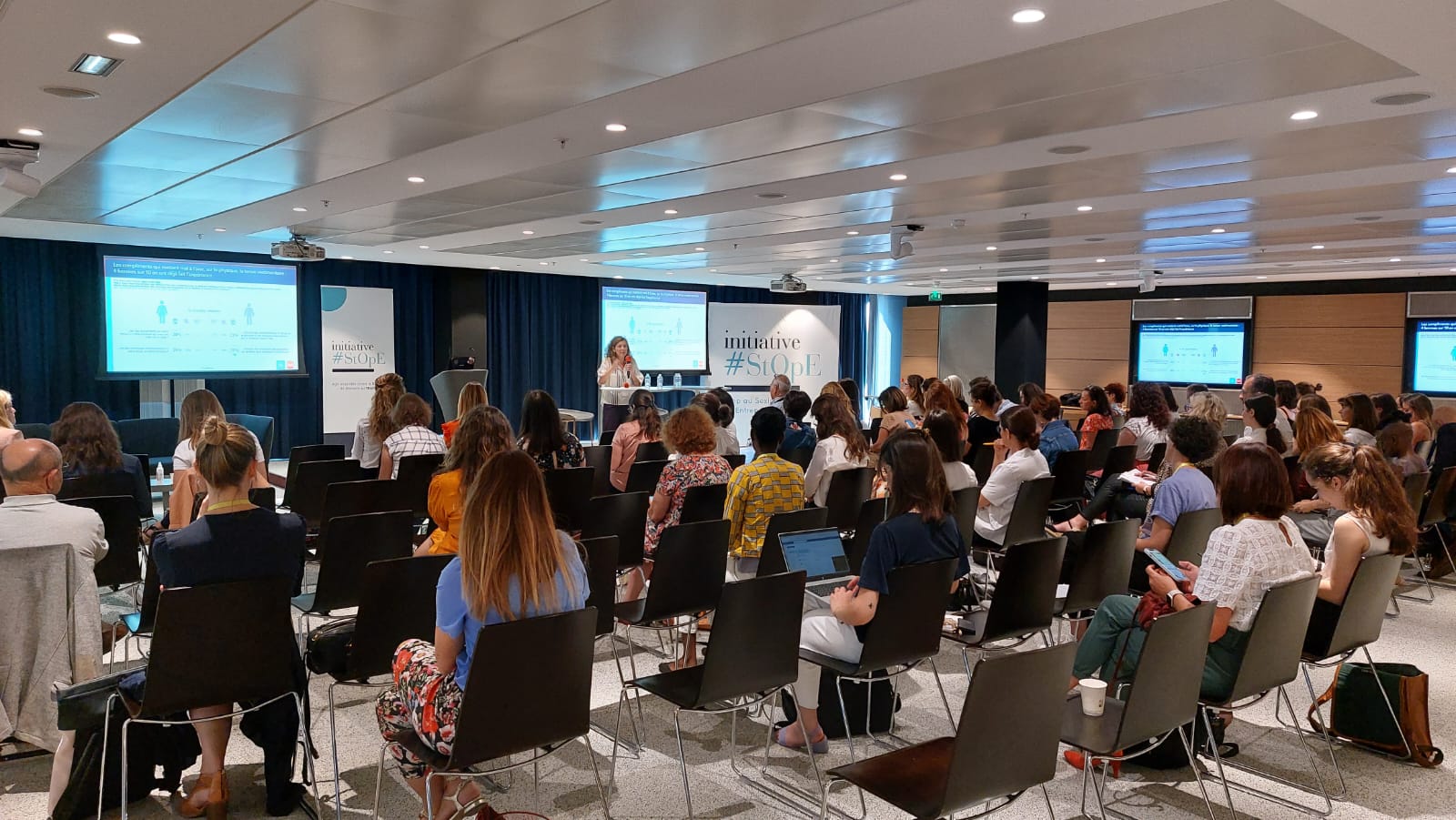
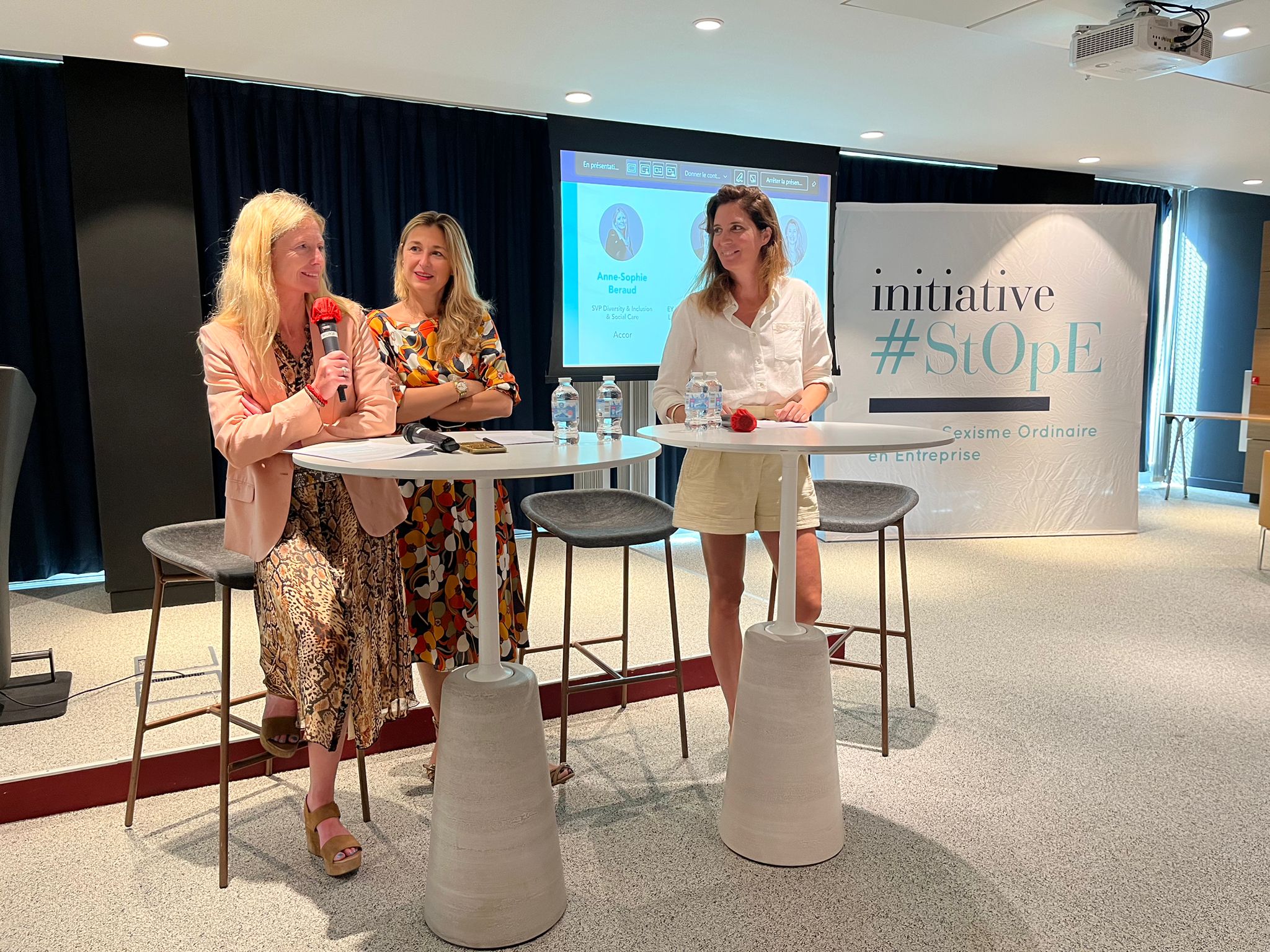
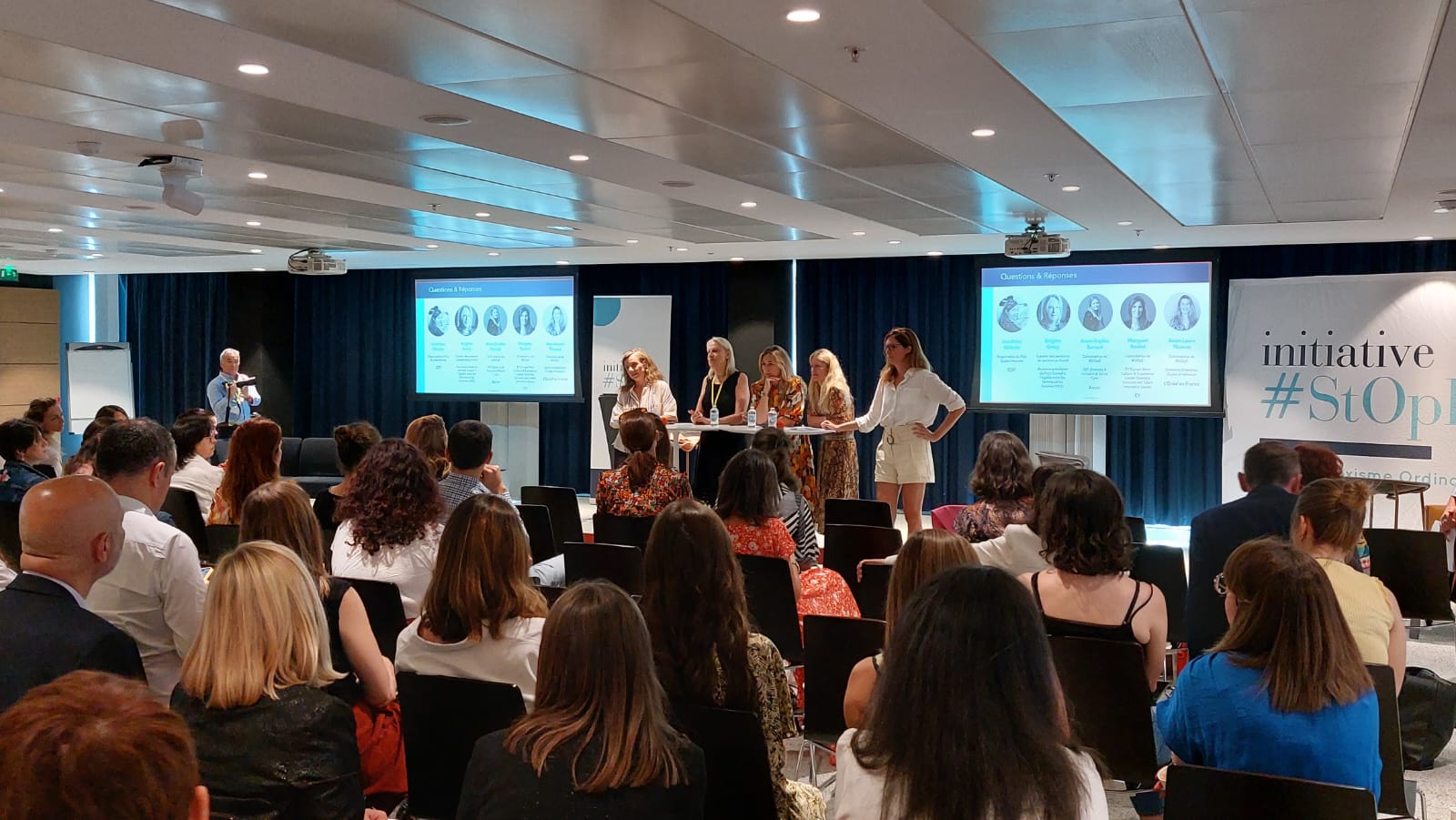
The #StOpE barometer
A unique tool for measuring "everyday" sexism in the workplace in France
The eighth commitment of the #StOpE initiative is to "Measure and implement monitoring indicators to adapt the policy to combat so-called everyday sexism". As such, the #StOpE collective, bringing together 199 employers, launched the first biennial barometer on the subject of so-called "everyday" sexism at work in 2021.
The objective of the barometer is to collect the perception of employees and agents
- On the pervasiveness of everyday sexism at work and its most widespread forms,
- On the impact of these actions on the individual and their career, and finally,
- On the actions to be taken to prevent everyday sexism.
The #StOpE barometer is conducted in two parts:
- A consultation with 15 signatory organisations of the #StOpE initiative
- A national survey of 1,000 employees in companies of more than 250 employees.
In 2023, the second edition of the #StOpE Initiative Barometer brought together 15 participating organisations and nearly 90,000 respondents. This was an opportunity to take stock of the state of everyday sexism in the workplace in France in 2023.
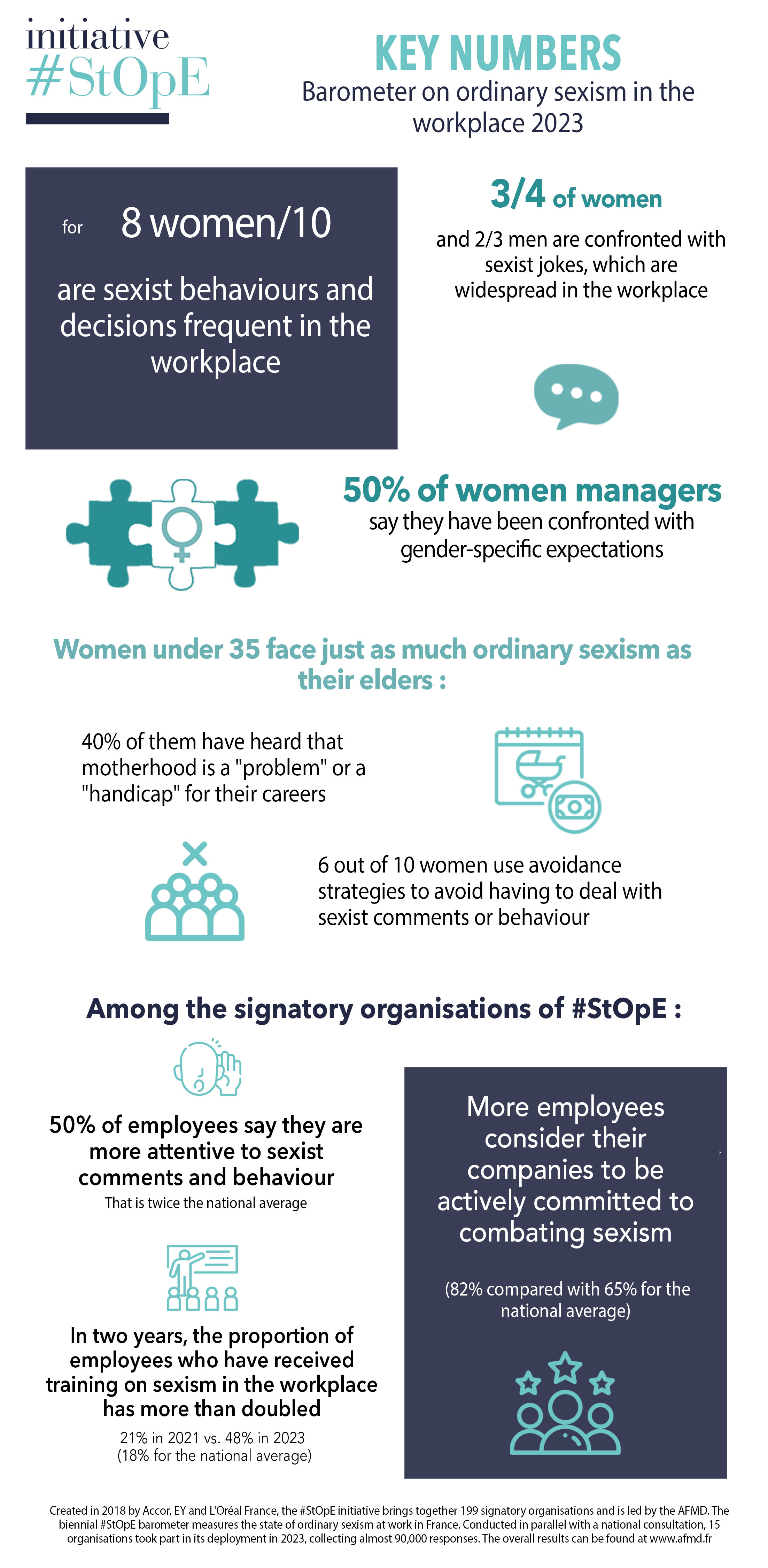
Key results
For 8 out of 10 women, sexist attitudes and decisions are recurrent in the workplace. An observation unchanged for two years and now shared by all generations.
While the 2023 edition of this barometer is marked by positive developments, the workplace is still widely perceived as unequal and sexist. Indeed, for 79% of women interviewed, "women are regularly confronted with sexist attitudes or decisions in the workplace", an observation shared by 57% of men, and which stagnates compared to 2021.
With the support of figures, the barometer recalls the multiple manifestations of everyday sexism in the workplace: belittling remarks, familiar questioning or sexist jokes that can go as far as questioning professional skills and sexist discrimination. 1 in 2 female managers also say they have been confronted with expectations of specific managerial qualities and behaviours because of their gender. This trend is up compared to 2021 and likely stems from the spread of the concept of "feminine leadership" which establishes certain managerial values as intrinsically feminine (empathy, listening etc...), which is akin to benevolent sexism.
The 2023 results highlight that women under 35 face as much everyday sexism as their elders, and are even more likely to experience it in certain situations. Hence, they are more likely to implement avoidance strategies (6 out of 10 women). These situations of everyday sexism are also shared by women with less than five years of seniority in the organisation.
While 93% of women and 89% of men recognise the deleterious effects of everyday sexism at work (destabilisation, loss of self-confidence, isolation, degraded health), the feeling that "one can’t say/do anything anymore" remains widely present. Nearly 7 out of 10 women and 6 out of 10 men have already heard this type of recrimination and these figures are slightly up compared to 2021, which confirms the rise of a feeling of gender fatigue within organisations.
Paradoxically, respondents still consider the involvement of the State and companies to reduce professional inequalities and sexism to be insufficient. 53% of women and 32% of men consider that companies are not sufficiently involved. 60% of women and 39% of men consider the action of the State insufficient. However, the legal mechanisms remain poorly known: 2/3 of women are still unaware of the existence of the Sexual Harassment and Sexist Acts points of contact within their organisations.
As in 2021, training and the strong commitment of company management are, in the eyes of employees, the main levers to fight against sexism. These actions are among the priority actions of the #StOpE Act of Commitment and more employees of signatory organisations consider their companies as actively engaged against sexism (82% against 65% for the national average).
Barometer methodology
A consultation with companies and organisations that are signatories to the initiative #StOpE:
- Consultation conducted via Internet from March 6 to April 15, 2023
- Respondents: 88,560 employees from 15 French employers who signed the #StOpE initiative
Coupled with a national survey of employees:
- Survey conducted online from March 6 to April 15, 2023
- Representative sample of 1,000 employees of public and private companies (excluding public sector employees) with 250 or more employees
- Representativeness was ensured through the quota method applied to the following variables: gender, age, socio-professional category, sector of activity, size of organisation, region and category of agglomeration.
